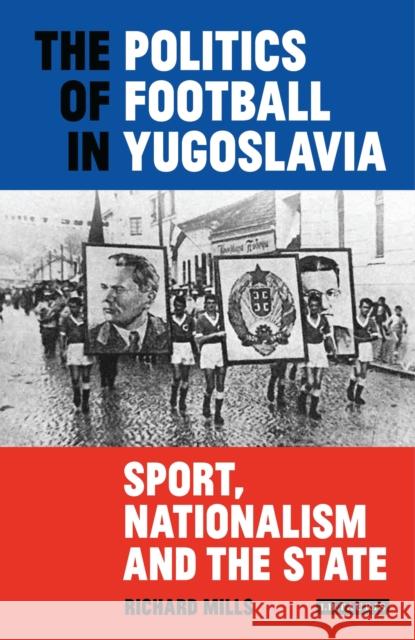The Politics of Football in Yugoslavia: Sport, Nationalism and the State » książka
The Politics of Football in Yugoslavia: Sport, Nationalism and the State
ISBN-13: 9781784539139 / Angielski / Twarda / 2018 / 416 str.
The Politics of Football in Yugoslavia: Sport, Nationalism and the State
ISBN-13: 9781784539139 / Angielski / Twarda / 2018 / 416 str.
(netto: 586,80 VAT: 5%)
Najniższa cena z 30 dni: 594,91
ok. 30 dni roboczych.
Darmowa dostawa!
Even before Josip Broz Tito's communist party established control over the war-ravaged territories which became socialist Yugoslavia, his partisan forces were using football as a revolutionary tool. In 1944 a team representing the incipient state was dispatched to play matches around the liberated Mediterranean. This was the beginning of a deep interaction between football, politics and nationalism that endured throughout - and eventually beyond - the life of a complex multi-ethnic polity violently torn apart in the 1990s. This book traces that journey for the first time. Based on extensive archival research and interviews, it demonstrates the myriad ways football was harnessed by the authorities as a means of integrating diverse territories and multi-ethnic populations. Yugoslavia's most popular sport advanced Tito's distinct brand of communism, championing a Cold War-era policy of non-alignment and embracing the politics of socialist self-management. The book also examines the darker side of the game, illustrating how, even under tight political control, it was racked by corruption, match-fixing and violence. Alternative nationalist visions and hostilities were voiced in stadiums, while players and supporters ultimately became perpetrators and victims in the country's violent demise. In Richard Mills' hands, the stadiums of the former Yugoslavia become vehicles to explore the relationship between state and society, nationalism, popular protest, state-building and inter-ethnic tensions. The book is the first to study football in this period, and in doing so offers a revealing new way to approach the complex history of socialist Yugoslavia.











